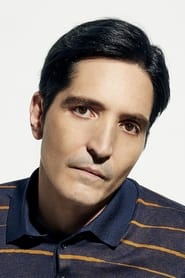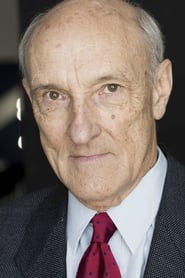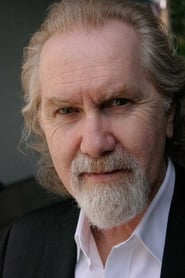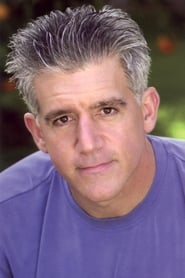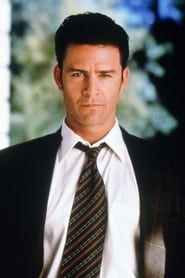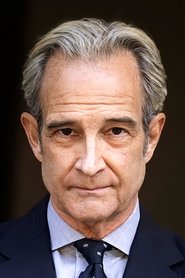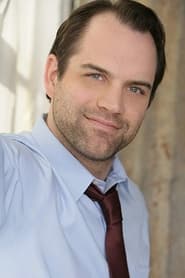
Ask Your Own Question
What is the plot?
What is the ending?
Short, Simple Narrative of the Ending:
After the atomic bomb is successfully tested and used in war, Oppenheimer is haunted by guilt and loses his influence. Years later, stripped of his security clearance and reputation, he meets Einstein by a pond. They talk about the fear that the bomb might destroy the world. Einstein says it's now Oppenheimer's turn to live with the consequences. Oppenheimer reminds him of their earlier conversation about the bomb's danger, and says, "I believe we did." The film ends with Oppenheimer standing alone, facing the weight of what he has done.
Expanded Chronological Narrative of the Ending:
The final act of Oppenheimer (2023) begins after the Trinity test, the first successful detonation of the atomic bomb. The film shifts from the triumph of scientific achievement to the personal and political fallout for J. Robert Oppenheimer. We see Oppenheimer at a celebratory dinner, but his mood is somber. He is visibly shaken by the power he has helped unleash. As the news spreads that atomic bombs have been dropped on Hiroshima and Nagasaki, Oppenheimer is left to grapple with the unimaginable destruction and loss of life, described to him through reports and secondhand accounts.
The story then moves forward in time, following Oppenheimer's decline. He becomes increasingly vocal about the dangers of nuclear weapons and opposes the development of the hydrogen bomb. His stance puts him at odds with powerful figures in the government, especially Lewis Strauss, who resents Oppenheimer for past slights and perceived arrogance. Strauss orchestrates a campaign to revoke Oppenheimer's security clearance, culminating in a closed-door hearing where Oppenheimer is publicly humiliated and stripped of his access to classified information. The hearing is a turning point: Oppenheimer is no longer a trusted advisor, and his reputation is ruined.
Meanwhile, Strauss's own ambitions are revealed. He seeks to become Secretary of Commerce, but his treatment of Oppenheimer draws backlash from the scientific community. During his Senate confirmation hearing, Strauss is questioned about his role in Oppenheimer's downfall. A scientist who once clashed with Oppenheimer testifies that Strauss manipulated the process, exposing Strauss's actions. Strauss's confirmation is blocked, and he is left isolated and disgraced.
The film returns to an earlier moment, one that was only hinted at before. Years after the hearing, Oppenheimer meets Albert Einstein by a pond near Princeton. The two men walk together, and Einstein tells Oppenheimer that he will now have to live with the consequences of his creation. The world will praise him, but only for their own benefit, not for his sake. Einstein warns that the people around Oppenheimer will only stay as long as it serves them.
As they part ways, Oppenheimer reminds Einstein of a conversation they had long ago, when Oppenheimer first showed him calculations suggesting that the atomic bomb could trigger a chain reaction that might destroy the entire world. Einstein says he remembers. Oppenheimer looks at him and says, "I believe we did." The camera lingers on Oppenheimer's face as he stands alone, the weight of his words settling in.
The final scene shows Oppenheimer standing by the pond, staring into the distance. The world around him is quiet, but the implication is clear: the consequences of his work will echo forever.
Fate of the Main Characters at the End:
-
J. Robert Oppenheimer: He is stripped of his security clearance and public influence. Though he remains a respected figure in some circles, he is haunted by guilt and lives in relative obscurity. The film ends with him confronting the full weight of his legacy.
-
Lewis Strauss: His attempt to become Secretary of Commerce fails after his role in Oppenheimer's downfall is exposed. He is publicly disgraced and loses his standing in the government.
-
Albert Einstein: He appears only in the final scene, offering a brief but profound exchange with Oppenheimer. He remains a figure of wisdom and distance, having lived through his own era of scientific consequence.
-
Kitty Oppenheimer: She is present at the hearing and at social events, but her role diminishes as Oppenheimer's world collapses. She is shown refusing to shake hands with Edward Teller, who testified against her husband.
-
Edward Teller: He testifies against Oppenheimer at the hearing, aligning himself with Strauss. At the end, he is seen shaking hands with Oppenheimer, but Kitty refuses to acknowledge him.
The film closes with Oppenheimer alone, facing the reality that the world has been irrevocably changed by his actions. The final line--"I believe we did"--captures the moment when the full horror of what he has helped create becomes undeniable.
Is there a post-credit scene?
The 2023 movie Oppenheimer does not have a post-credit scene. The film ends its narrative before the credits roll, and there is no additional scene or teaser after the credits. This aligns with director Christopher Nolan's consistent approach, as he has never included post-credit scenes in any of his films, including his previous works and the Dark Knight trilogy. The story of J. Robert Oppenheimer is presented as a complete, standalone experience without any after-credits content.
Is this family friendly?
The 2023 movie Oppenheimer is not family friendly and is rated R due to its mature content. It is recommended for older teens (15+) and adults rather than children or sensitive viewers.
Potentially objectionable or upsetting aspects include:
- Sexual content and nudity: Two sex scenes with partial nudity showing bare breasts and a man's buttocks, along with discussions of infidelity.
- Strong language: Multiple uses of the F-word (around 8 or more), other strong profanities, and some scatological terms.
- Violence and disturbing imagery: No direct graphic violence shown, but there are loud, sudden explosions, a brief but distressing suicide scene (by overdose and drowning), and a kaleidoscopic hallucination depicting the horrific aftermath of an atomic bomb blast, including burned bodies and skin injuries.
- Emotional intensity: Many tense arguments, emotional breakdowns, and bleak themes about the consequences of nuclear weapons.
- Alcohol and smoking: Frequent drinking and smoking are depicted, including a character who is constantly drunk.
Because of these elements, Oppenheimer is unsuitable for children and may be upsetting for sensitive viewers.

















